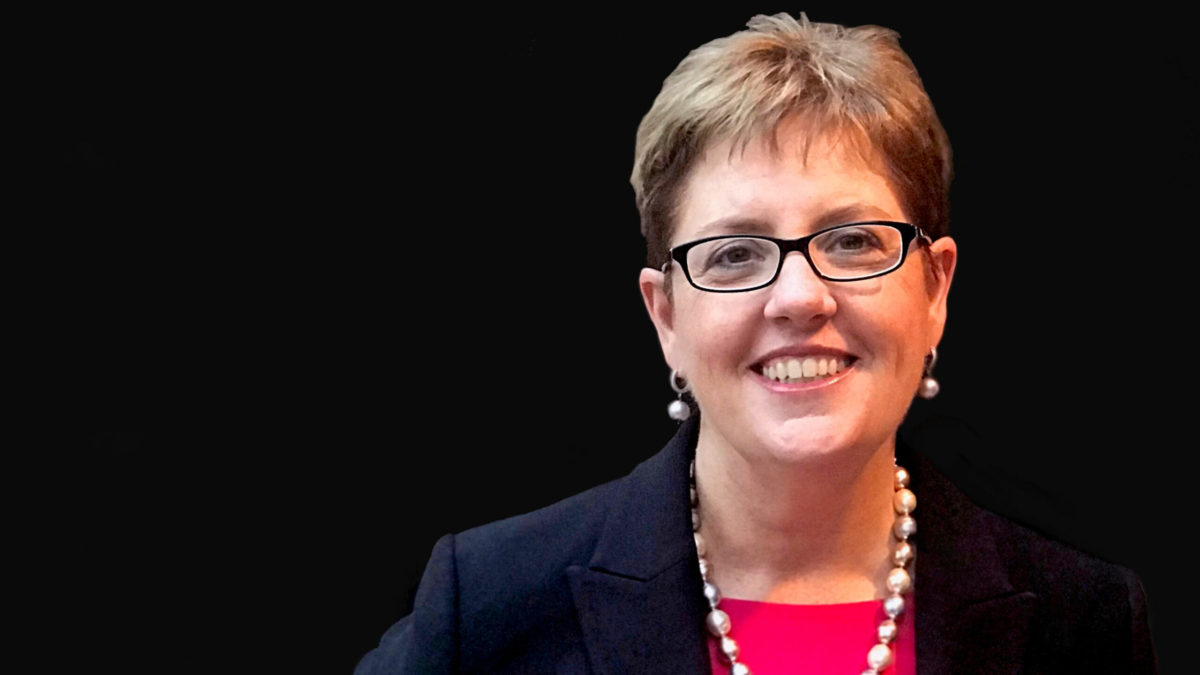It’s the reputation, stupid: How Alexis George will stop the rot
Alexis George, AMP’s new CEO, faces the task of returning Australia’s oldest wealth manager to its founding principles. The question is how deep the rot runs.
What’s to say after nine days in the job? Not a lot. Alexis George took the reins just over a week ago and, sensibly, has not hit the ground running. It’s best not to rush a transformation program of this scale, especially when your predecessor was proverbially dashed on the rocks doing the same thing. Caution pays dividends, even when AMP doesn’t.
“I think it’s really important for me to take a bit of time,” George told media on Thursday (August 12). “Clearly I have views on the organisation and how to put my stamp on it, but I want to make sure I don’t do that too early. Restoring the faith in this iconic brand is one of my top priorities… I really need to lay down what this company is going to look like in the future.”
It’s clear that George doesn’t think that AMP’s service is lacking so much as its reputation is. Regardless of the AMP Capital demerger and the overhaul of the wealth business – which is largely complete – the transformation of Australia’s oldest wealth manager will largely be a branding exercise. George will have to heal a reputation that began festering during the royal commission and which outright putrefied with recent governance scandals if she’s to turn AMP around.
George’s appointment is part of that branding exercise. Her credentials are, of course, first-rate: as group executive for wealth at ANZ, she extricated the bank from that deeply troubled market in a scant two years. And with dozens of global executive roles under her belt, you likely couldn’t ask for a more qualified CEO. But in a time when shareholders are demanding more women in executive roles, George’s appointment – and that of new chair Deborah Hazelton – is also a tacit statement that AMP will do more to correct its governance and avoid the groupthink that led to the appointment of Boe Pahari as CEO of AMP Capital, likely one of the worst governance decisions ever made.
It’s clear that the appointment of Pahari – and the subsequent blanket media coverage of his indiscretions – was responsible for the loss of several superannuation mandates, and potentially outflows across the wider business units.
While Francesco De Ferrari’s three-year turnaround program has largely laid the foundation for AMP’s business turnaround, it’s this toxic cultural legacy that George will have to deal with. To do that, AMP will launch a slew of programs designed to embed “new values and behaviours across the organisation” and make leadership more inclusive. Reversing the public perception of the organisation will be harder. The general public would be largely unfamiliar with the vagaries of AMP’s performance, but even disinterested observers have likely heard that something is rotten in 33 Alfred Street.
George’s task, in her words, is building a culture that’s “dynamic, inclusive, accountable, and customer centric”; no less than returning AMP to its founding purpose, laid down more than a hundred years ago: “Amicus Certus in Re Incerta” – “A sure friend in uncertain times.”











